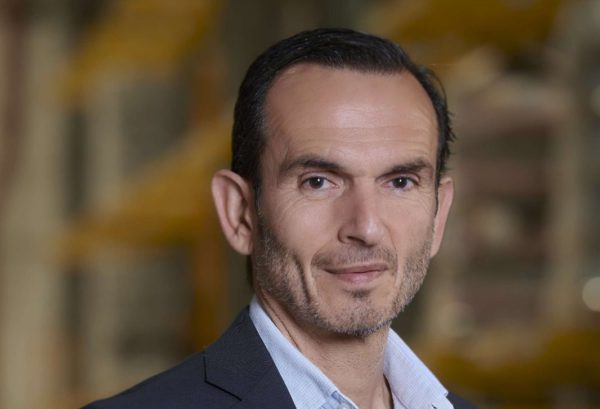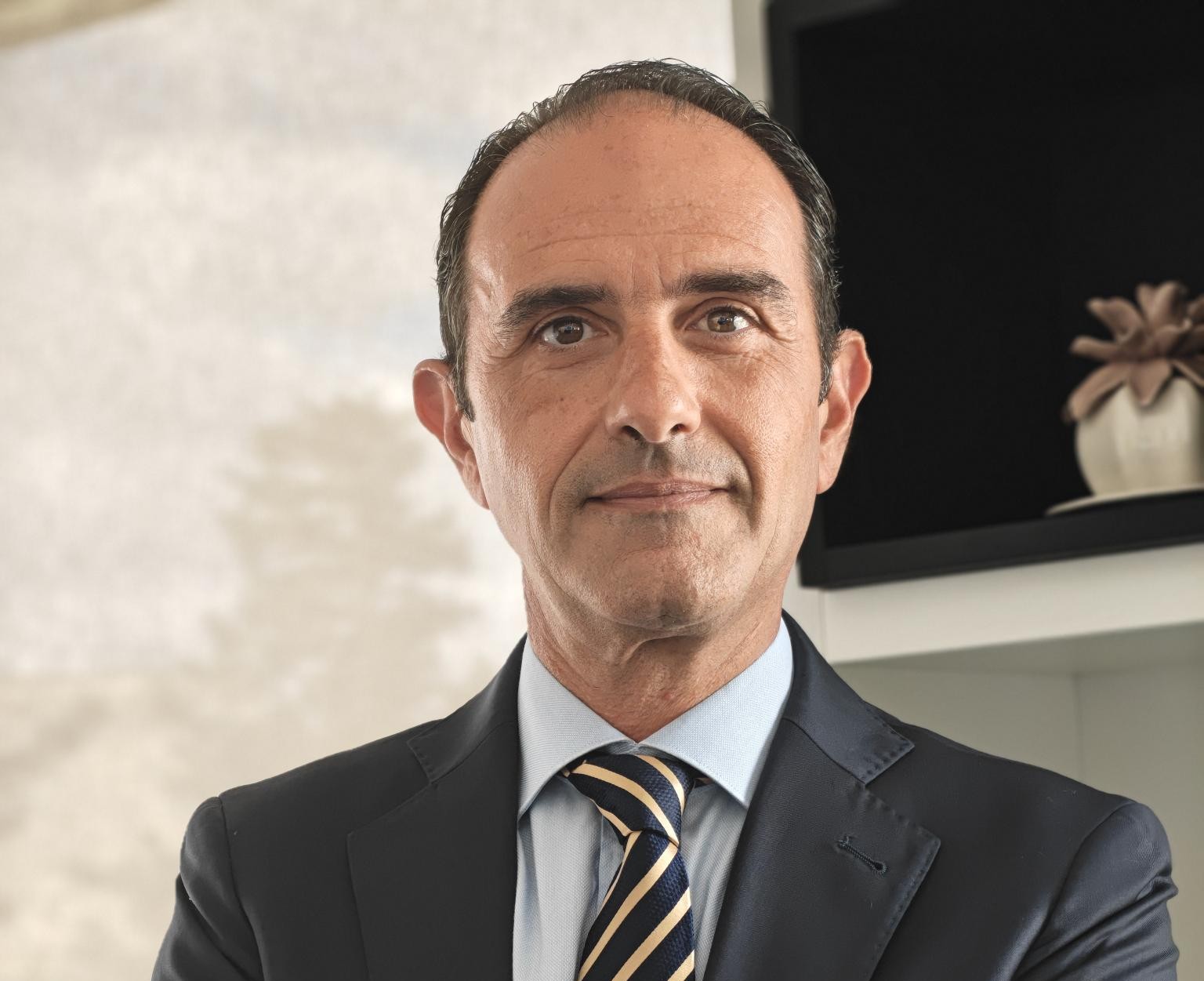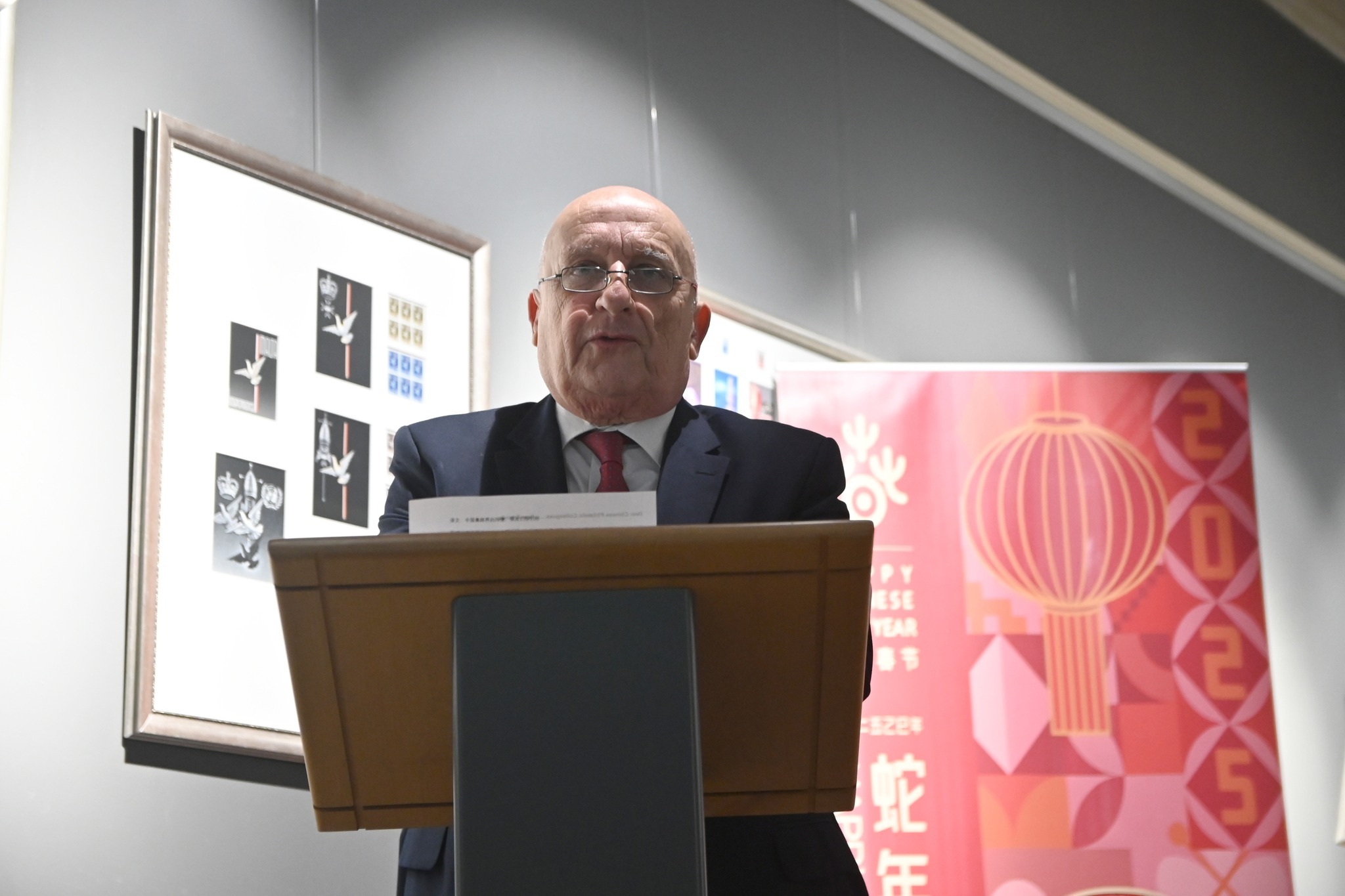Malta’s long-term development strategy, Vision 2050, has been widely referenced and debated in recent months, and aims to shape the upcoming 25 years of the country. The impression is that the direction is set and execution is already taking shape. But according to Farsons CEO Norman Aquilina, this confidence may be premature.
For Mr Aquilina, the end of the public consultation phase marks a critical moment. Now, the real test begins. “One awaits the outcome of the feedback from the various stakeholders,” he noted on social media, arguing that the legitimacy of Vision 2050 depends on how seriously this input is processed and reflected. Once the roadmap is finalised, he stresses, the country needs to shift from conceptual enthusiasm to disciplined implementation.
That means a detailed plan, transparent accountability, and measurable outcomes, not general aspirations. “Beyond the aspirational statements, which more often lack material form or substance, we now need a vision that translates into action,” Mr Aquilina said. “It’s high time to switch from vision talk to mission mode.”
A Vision built on four pillars
The Government’s framework structures Malta’s future around four core pillars.
The first is sustainable economic growth, anchored in high-value, knowledge-intensive sectors such as financial services, gaming, advanced manufacturing, aviation, and quality-driven tourism.
The second pillar prioritises people-centred services, with an emphasis on modern and accessible healthcare, family support systems, housing policies, and mobility networks.
The third focuses on resilience and education, reinforcing Malta’s capacity to adapt to global changes while elevating the skills of its workforce to enable genuine social mobility.
The final pillar, smart land and sea use, tackles one of Malta’s most pressing constraints: limited space. The vision aims to safeguard and optimise land and marine areas while ensuring decisions are anchored in long-term wellbeing rather than short-term gain.
These pillars are intended to serve as the foundation for 90 initiatives that span sectors as diverse as transport, digital skills, manufacturing, energy, and environmental stewardship.
Economic ambition: Matching France’s disposable income
One of the most eye-catching targets is the government’s aim for Malta to reach – and potentially surpass – the median disposable income of France within the next decade. Vision 2050 sets a target of just over €24,000 in median disposable income by 2035. Today, it stands at around €1,022 per month.
Achieving this would push Malta above the current EU average and mark a significant transformation in living standards. According to the strategy, this shift will be driven by productivity gains, new investment, and the growth of technology-intensive sectors.
To support this economic leap, the plan outlines proposals including teaching AI in schools; scaling up semiconductor and generic pharmaceutical production; developing a third terminal at the Freeport; expanding Malta’s airport cargo capacity; and introducing a mass transport system. While the document refers to a “green mass transportation system”, the specific model – whether metro, tram, or alternative – will be confirmed later this year following ongoing technical analyses.
Large-scale land reclamation also features as a potential tool to address Malta’s spatial limitations, though this remains one of the more debated components of the plan.
Ownership: The Missing Ingredient
Mr Aquilina argued that unless the country develops a collective sense of ownership over Vision 2050, implementation risks stagnating. The shift from vision to execution hinges on how monitoring and follow-through are organised and by whom. These, he emphasised, are “two distinctive yet complementary roles”.
What Malta needs now, Mr Aquilina insisted, is clarity, accountability, and the will to deliver – not simply the language of ambition. The story of Vision 2050 will ultimately depend on whether Malta can transform long-term thinking into long-term action.
Chairman Joseph Said: MaltaPost ‘resilient’ amid global disruption as profits climb to €6.4 million
He highlights how postal operators worldwide continue to transition from traditional letter mail to parcels.
Graziella Grech reflects on transition, gratitude and reinvention ahead of 2026
Christmas is 'a time for gratitude, humility, and meaningful human connection.'
Holiday staff party style: How to dress festive, fashion-forward and office-appropriate
'But what would I wear?'
6 smart ways to use the Christmas lull to prepare for a strong Q1
Leaders who do not protect time for strategy often find themselves reacting rather than directing.









